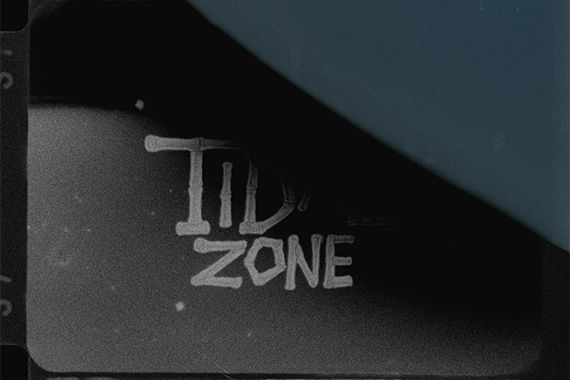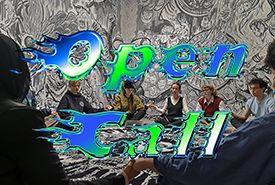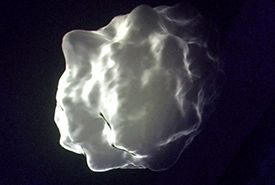For the exhibition, Kajsa Dahlberg presents her ongoing research about environmental pollution and its effects on human and non-human bodies. With her works, Dahlberg offers a series of connections between the individual and the collective, structures and bodies, reception and perception. Observing historical material (in process) and juxtaposing it to specific subjective narratives, Dahlberg weaves multiple discourses where the emotional and the political become unstable arenas in permanent negotiation.
The materiality of film has an underlying presence in the artist’s works; before the digital realm, film needed time and chemical reactions to document reality which is composed of many layers and several types of information. Film is like a body that is alive, and its nature is affected by context and climate and the documentation of a specific moment becomes a continuity of processes and interactions in time. Expanding on this, Dahlberg’s exhibition at Index explores notions of the body in relation to physical reactiveness, such as the developments related to industrialism’s influence over pollution as a necessary factor for production, with human bodies becoming living archives of industrial history revealing how we are also affected by economics and politics, and how our bodies react as chemical vessels and test sites. In this connection between the body, pollution and economic systems, some individuals physically react more than others. Highly sensitive persons can’t turn off their multiplied perception of the world; the invisible chemicals and molecules define for them a world that is more than here and now, a world where visibility is not necessarily the key element for approaching reality.
Kajsa Dahlberg is a visual artist living in Oslo. She received her MFA at the Malmö Art Academy, Lund University, 1998-2003 and was a studio fellow at the Whitney Independent Study Program in New York, 2007-08. Dahlberg’s work has been shown in exhibitions at the Neuer Berliner Kunstverein, the Museum of Contemporary Art in Roskilde, CA2M in Madrid, and Lunds Konsthall. Her contributions to museums and biennials include works for Moderna Museet, Stockholm; Malmö Art Museum; 8 Bienal do Mercosul; Manifesta 8; and GIBCA 2019. Kajsa Dahlberg is a PhD candidate at the Royal Institute of Art in collaboration with Lund University.
THE TIDAL ZONE continues to 29 Jan, 2023 and more information about Dahlberg’s exhibition is available on Index’s website.


